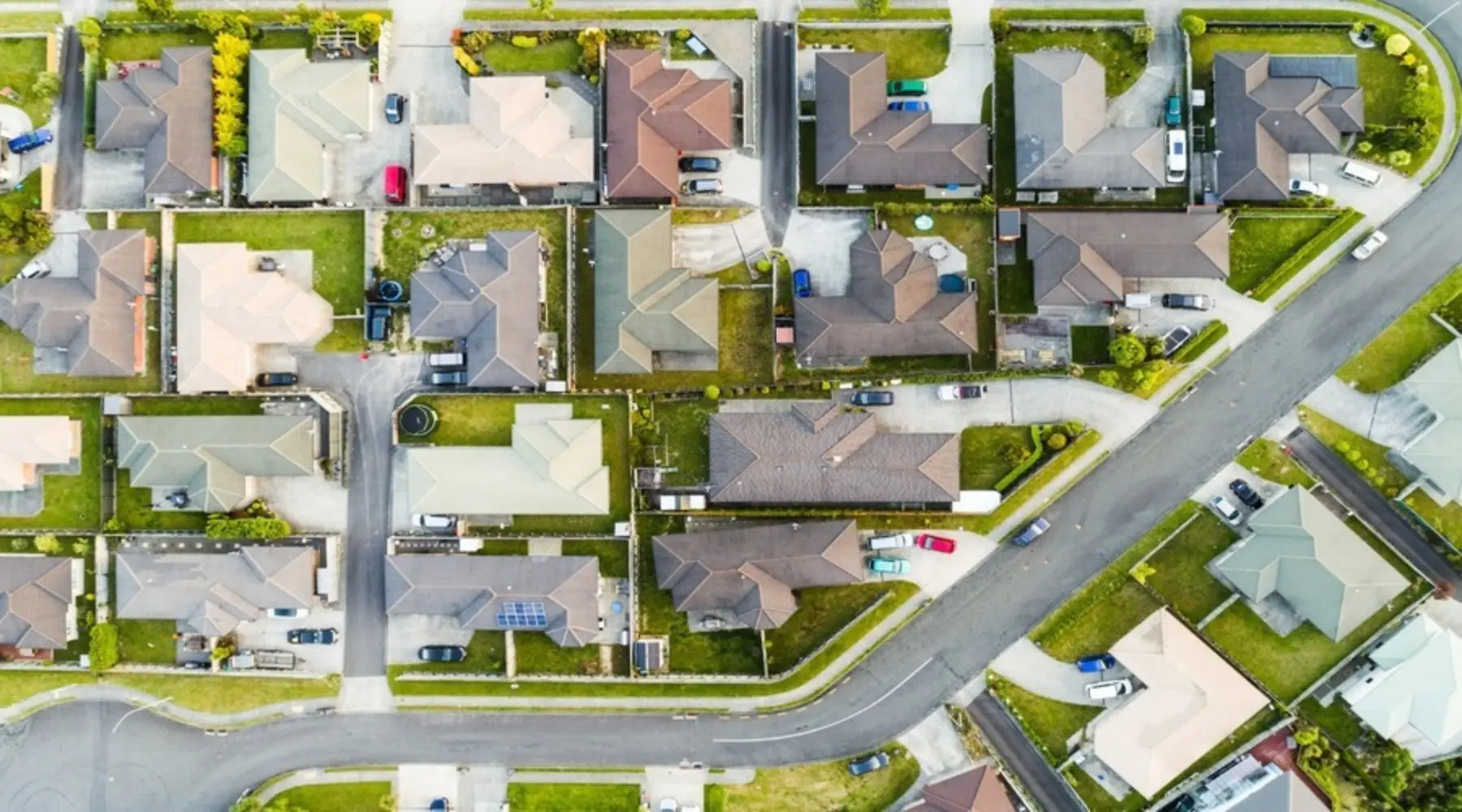Rent vs buy: Which is better in the current Australian property market?

Recently, I read a story in the newspaper that a couple had resold their townhouse for $600,000 more than they paid for it. The kicker? The previous sale was just weeks earlier.
House price hysteria has hit a new high. Coupled with stories that claim Sydney homes are appreciating by $2,000 a week on average, it would appear you'd be crazy not to actively buy instead of passively rent.
Despite this, there are many people for whom the rent vs buy question is no idle conundrum and here's why.
First, they cannot get into the market even with access to the "Bank of Mum and Dad", because in 1 generation the cost of a home has gone up three times if you're on average weekly earnings.
Second, depending on how long you plan to live somewhere, the numbers can add up more clearly for renting over buying.
For 2 identical households with sufficient and equal funds, does it make more economic sense for them to rent or buy? There's no simple yes/no answer because, as stated, it often depends on how long you intend to stay put.
Australians are well-known for their aspirations to be homeowners. About 67% or 5.4 million households are owner-occupied, and this is split relatively equally between those with a mortgage and those without. The rate is broadly in line with the Organisation for Economic Co-operation and Development (OECD) average.
The remaining 32% are renters mainly in the private sector, some out of choice but many out of necessity. Before we get to the numbers, there's much more to a home than just its cost, even if that's the most fundamental aspect.
Flexibility vs security
Renters especially in Australia can be less secure. Tenants' rights and rent controls are not as strong as in parts of Europe and North America. In addition, leases might not be for so long.
Homeowners can lose their residence if they fail to keep up with payments, significantly when interest rates rise but it's rarer.
There's also certainty to consider. We can choose to buy at a price available on the day by renting or to fix the price by buying.
By renting, we are exposed to the risk of fluctuating rental prices; by buying, we get the certainty of knowing the cost.
Regardless of what happens to rents or house prices, we have hedged (or eliminated) our risk of future increases in rents.
Over time rents tend to rise in line with wages without an excess supply of available properties. Even though you may be able to rent more cheaply than the cost of buying today, this won't always be true. Your mortgage payment does not increase over time, but rents will.
Real estate is also the only item we need to consume that maintains some value even when used. It might be more or less than you paid for it, but it still has value.
If you treat it as an investment, it is tempting to buy too much or compare it to investing in alternative assets like shares.
But looked at as a form of consumption, it reminds us that less is better. Every dollar we spend on our home is a dollar we can't spend or invest elsewhere.
Financial costs of buying vs renting
Most of the financial stress we see at Life Sherpa arises from buying too much house or too much car.
Together these typically make up 40% of the average household budget and are among the most important financial decisions any of us make.
In Australia, the cash cost of renting, at least in the short term, has almost always been lower than the ongoing cost of buying.
There are 3 main reasons: the transaction costs of buying and selling such as stamp duty, the rental fees are usually less than the borrowing cost of the money needed to buy the property and renters don't have to pay for rates, maintenance, insurance and others.
However, over time inflation helps push up all costs other than the amount the owner has spent to purchase the property. So that at some point, the renter's cash cost starts to exceed the owner's cash cost.
This phenomenon where an initially higher cost to buy is slowly whittled away by inflation means that buying will work out cheaper given a long enough period. How long that period will be is the great unknown.
Is now the right time for me to buy a property?
In practice, buying delivers certainty and a bunch of intangible benefits. The question for you then should be, "Is now the right time for me to buy certainty at the expense of flexibility, knowing it will cost me a little more right now?"
There are some circumstances where the fixed or buy option will almost always be more expensive. For example, if you need to move homes in a short period (usually any period less than 5 years). Here, the transaction costs and the increased expenses almost always outweigh the benefits of fixing the housing costs.
On the other hand, over an extended period (usually 10 years or more) over the past 50 years, the fixed option worked out cheaper.
But what about the mouth-watering gains in property prices?
This temptation is somewhat academic because the value of any alternative property is likely to have risen (or fallen) by the same amount. The apparent increase in wealth can hardly ever be realised as long as you need somewhere to live.
The wealth effect where we feel richer because the value of our homes has gone up can also encourage us to spend more of our incomes. This perception can secretly whittle away much of the advantage.
However, it doesn't mean that rent money is dead money.
But if you know where you want to live long-term, it usually makes sense to buy rather than rent.
If you choose to rent, you need to save the difference and invest diligently not to be worse off than buying. Few people have the discipline to do this.
If you do buy, be careful how much you spend. Try to spend no more than 5–6 times your annual income.
And don't be tempted to think that spending on home improvements is always an investment. Most of the time, such jobs do not add more than their cost to the value of your home. Do it if it gives you joy, but recognise it is a form of consumption, not a way to invest.
The golden rule is to buy property, not too much, and only when the time is right for you. Don't get caught up in the home price hysteria.
Christopher Zinn is a personal finance expert at Life Sherpa. He works to replace the myths and mysteries we can all feel around money with more constructive beliefs. He believes that empowering consumers with reliable and understandable advice and information they can implement now makes life's goals more achievable.
Disclaimer: The views and opinions expressed in this article (which may be subject to change without notice) are solely those of the author and do not necessarily reflect those of Finder and its employees. The information contained in this article is not intended to be and does not constitute financial advice, investment advice, trading advice or any other advice or recommendation of any sort. Neither the author nor Finder has taken into account your personal circumstances. You should seek professional advice before making any further decisions based on this information.
Read more Finder X columns
-
8 tips for selling your property in a slow market
31 Mar 2023 |
-
How to protect your money and assets from cyber security risks in Australia
23 Mar 2023 |
-
6 ways travel insurance has changed since COVID-19
14 Mar 2023 |
-
Why you need to start thinking like an investor
22 Feb 2023 |
-
Commercial vs residential property investing in 2023: Which is better?
13 Feb 2023 |
Ask a question

